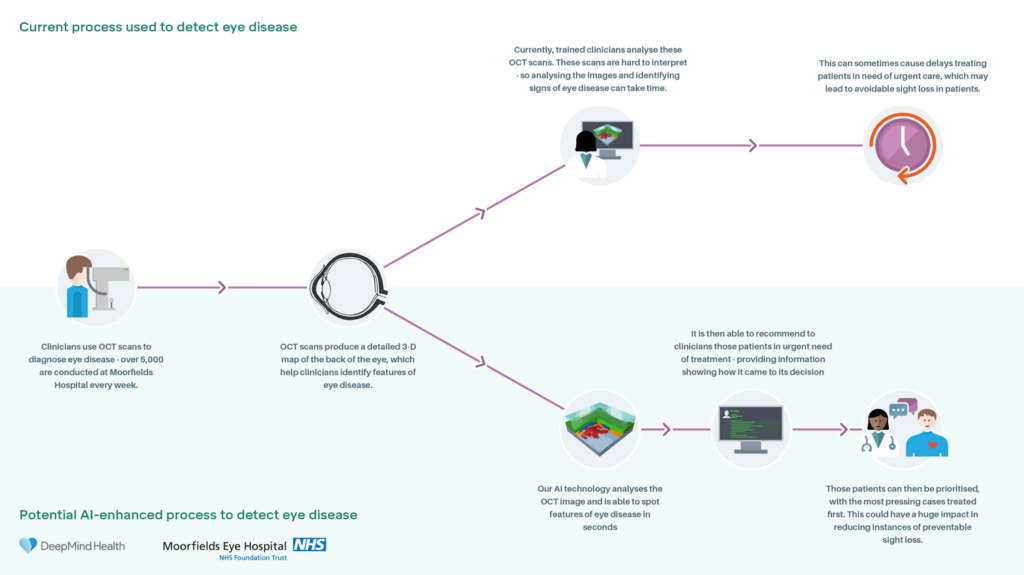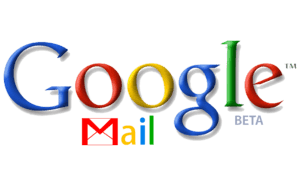Google’s DeepMind is not all about smashing top Go players or beating classic Atari Games, it’s also an incredible project with a lot of applications in various fields. This time, the team owned by Google harnessed the power of the DeepMind AI in the field of medicine, helping doctors to analyze OCT scans and provide swift treatment to patients. More impressively, DeepMind can now detect more than 50 diseases just as accurate as the experts and will help overwhelmed doctors analyze which patient needs an intervention first.
“Currently, eyecare professionals use optical coherence tomography (OCT) scans to help diagnose eye conditions. These 3D images provide a detailed map of the back of the eye, but they are hard to read and need expert analysis to interpret.
The time it takes to analyze these scans, combined with the sheer number of scans that healthcare professionals have to go through (over 1,000 a day at Moorfields alone), can lead to lengthy delays between scan and treatment – even when someone needs urgent care. If they develop a sudden problem, such as a bleed at the back of the eye, these delays could even cost patients their sight.
The system we have developed seeks to address this challenge. Not only can it automatically detect the features of eye diseases in seconds, but it can also prioritize patients most in need of urgent care by recommending whether they should be referred for treatment,” explains the DeepMind team.

Soon enough, the DeepMind AI could be deployed to 30-UK based hospitals in the NHS system. This could mean that up to 300,000 patients could have their eyesight improved (or saved!) by artificial intelligence, as those clinics receive over 1,000 referrals daily and are in dire need of any tool that can help them with the managing that volume and ensuring a swift diagnosis.
Also read: ✍Google’s DeepMind Gave Two AI The Power Of Imagination✍
Follow TechTheLead on Google News to get the news first.
























